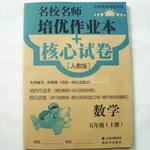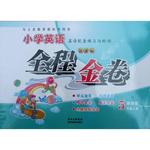题目内容
We’ll ____ three groups to carry out the experiment in chemistry.
A.be separated from B.be divided into
C.be divided from D.be separated off
B
【解析】
试题分析:句意:我们被分成三组来做化学实验。这里使用be divided into被分成,be separated from被和……分开,所以选B。
考点: 考查词组辨析

练习册系列答案
 名校名师培优作业本加核心试卷系列答案
名校名师培优作业本加核心试卷系列答案 全程金卷系列答案
全程金卷系列答案
相关题目
 from a Mexican couple as they get on the bus hand in hand. When they get off, they’re still holding hands. The woman was pregnant late last year, and one day her change of shape confirmed that she’d delivered the child. We even felt a little pride at the thought of our extended family.
from a Mexican couple as they get on the bus hand in hand. When they get off, they’re still holding hands. The woman was pregnant late last year, and one day her change of shape confirmed that she’d delivered the child. We even felt a little pride at the thought of our extended family.  f the bus. Then, one evening, we went to a fish restaurant. We were shown to a table alongside someone sitting alone. It was the woman from the bus.?
f the bus. Then, one evening, we went to a fish restaurant. We were shown to a table alongside someone sitting alone. It was the woman from the bus.? home. She missed him desperately, she explained.?
home. She missed him desperately, she explained.?